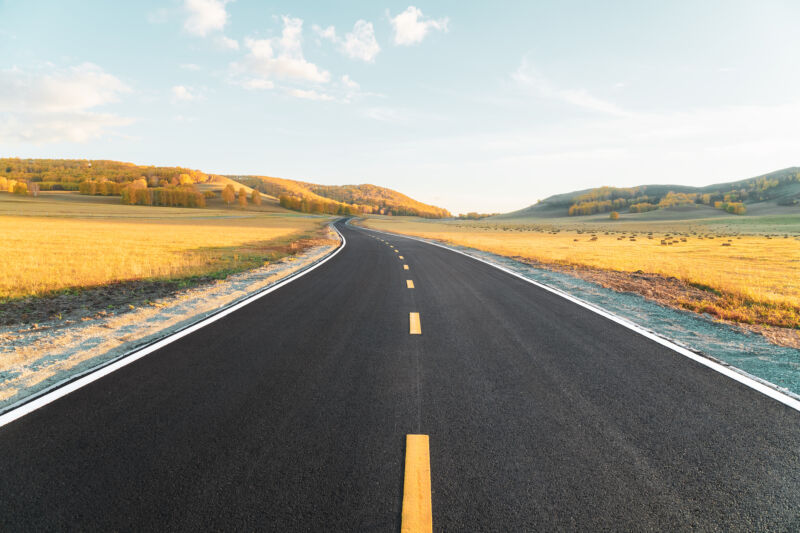
Enlarge / After months of roadblocks, Congress unjammed itself long enough to pass an infrastructure bill that should make transportation safer. (credit: Getty Image)
On Friday, the Democratic majority in the House of Representatives passed the Infrastructure Investment and Jobs Act, mirroring an infrastructure bill passed by the Senate earlier this year. This is one of a pair of major policy initiatives from the Biden administration and congressional Democrats—the other being the Build Back Better Act, which (hopefully) includes, among other things, expanded subsidies for electric cars and bikes but which is still being obstructed by special interests in the Senate.
This bill should be signed by President Joe Biden once Congress gets done with a week’s holiday. Although it is very much scaled back from earlier proposals, the bill still includes $550 billion of new spending. Much of it is transport-related, including $40 billion to repair, replace, and rehabilitate bridges, $39 billion for mass transit modernization and expansion, and $66 billion for passenger and freight rail.
The infrastructure bill also includes plenty of safety-related sections—no bad thing considering the ever-worsening death toll on US roads each year.
